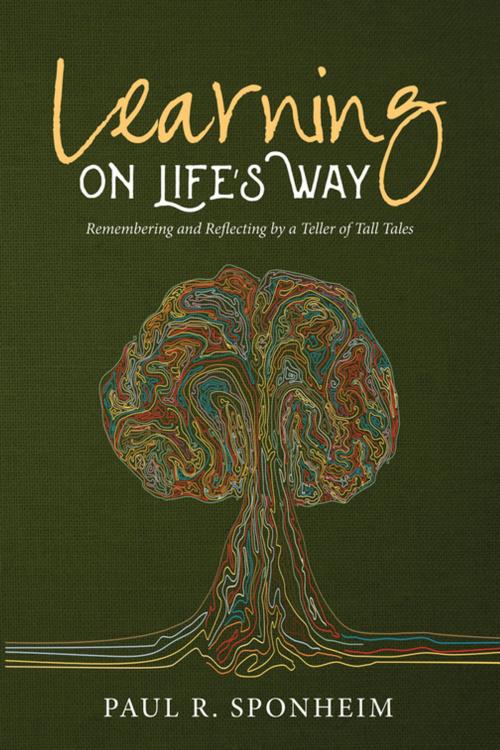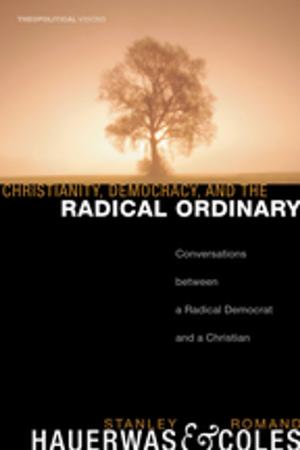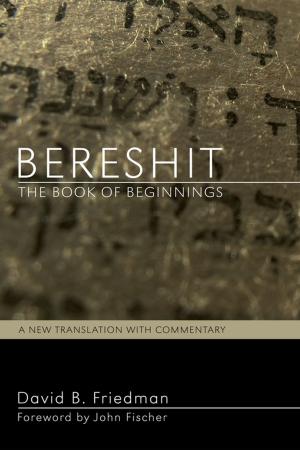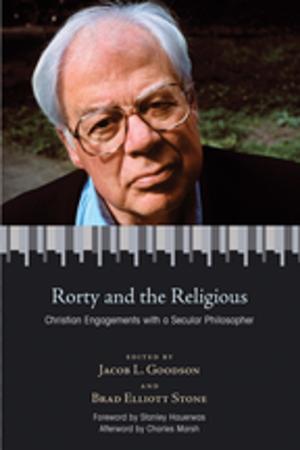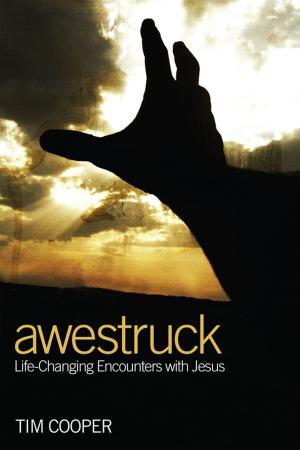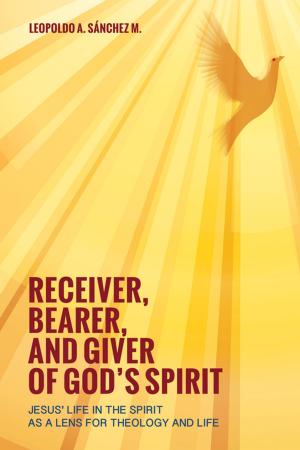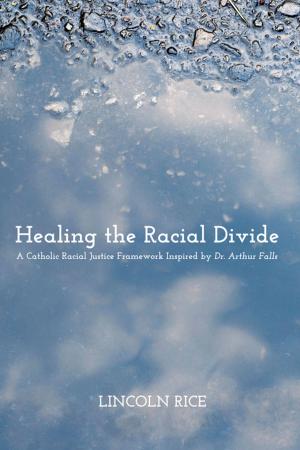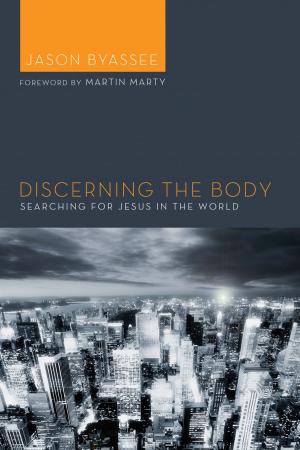Learning on Life’s Way
Remembering and Reflecting by a Teller of Tall Tales
Nonfiction, Religion & Spirituality, Christianity, General Christianity, Theology| Author: | Paul R. Sponheim | ISBN: | 9781532650253 |
| Publisher: | Wipf and Stock Publishers | Publication: | August 27, 2018 |
| Imprint: | Wipf and Stock | Language: | English |
| Author: | Paul R. Sponheim |
| ISBN: | 9781532650253 |
| Publisher: | Wipf and Stock Publishers |
| Publication: | August 27, 2018 |
| Imprint: | Wipf and Stock |
| Language: | English |
Born into a pack of religiously divided siblings with a devout mother and an agnostic father, Sponheim finds the triad of faith/unfaith/many faiths central in telling the tall tale of God. Through his half-century of teaching and writing, the doctrine of creation becomes decisive for Sponheim, featuring a God who has a "very big operation going in this world." Drawing on such diverse mentors as Soren Kierkegaard, Alfred North Whitehead, and feminist authors, he offers a deeply relational conception of the "tallness," the height, humankind seeks. In his own family he sees God's operation in such diverse worlds as music, science, and athletics. Personally, he has witnessed the saving work of the Creator in such worldly affairs as inner city social change programs, a domestic abuse project, and the National Alliance for the Mentally Ill. Without compromising a present-time "ethic of risk," he closes with an eschatological exploration, asking "What future would do, if it were true?" And "Is it true?"
Born into a pack of religiously divided siblings with a devout mother and an agnostic father, Sponheim finds the triad of faith/unfaith/many faiths central in telling the tall tale of God. Through his half-century of teaching and writing, the doctrine of creation becomes decisive for Sponheim, featuring a God who has a "very big operation going in this world." Drawing on such diverse mentors as Soren Kierkegaard, Alfred North Whitehead, and feminist authors, he offers a deeply relational conception of the "tallness," the height, humankind seeks. In his own family he sees God's operation in such diverse worlds as music, science, and athletics. Personally, he has witnessed the saving work of the Creator in such worldly affairs as inner city social change programs, a domestic abuse project, and the National Alliance for the Mentally Ill. Without compromising a present-time "ethic of risk," he closes with an eschatological exploration, asking "What future would do, if it were true?" And "Is it true?"
